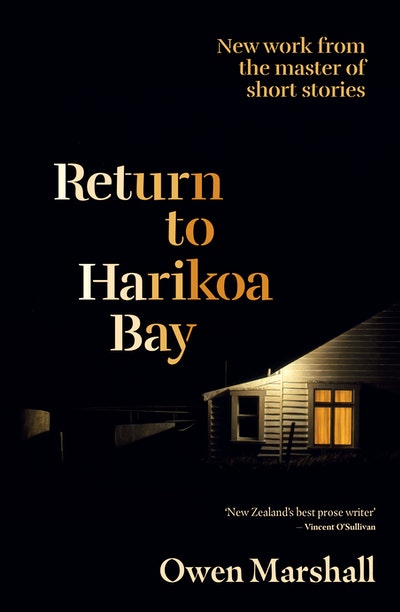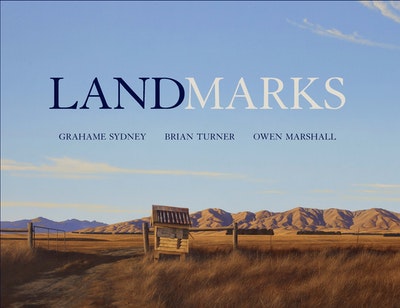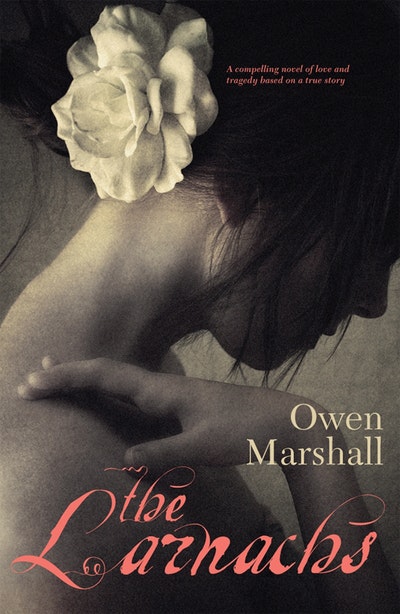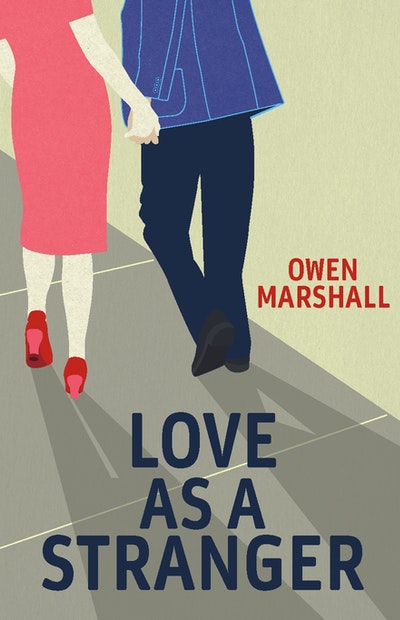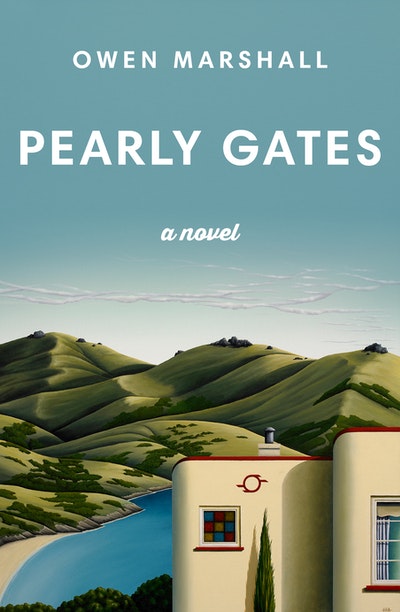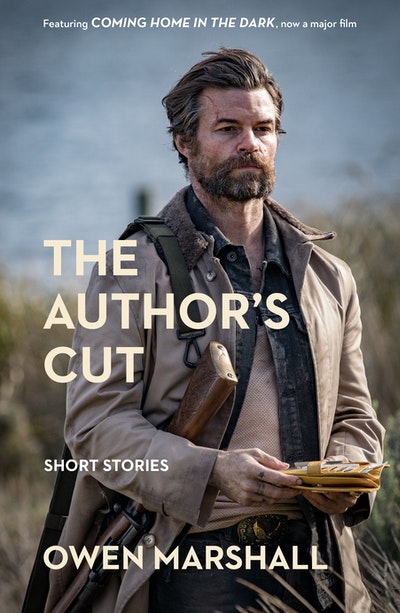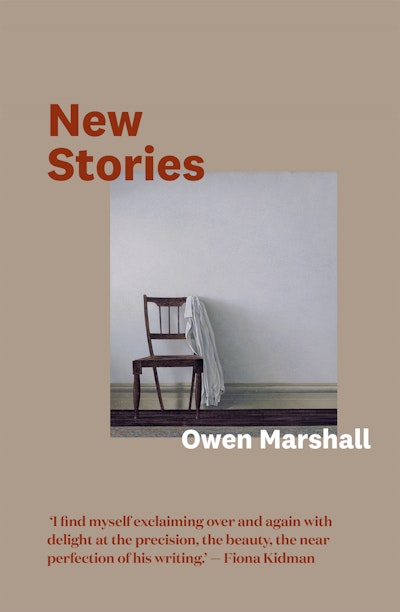- Published: 2 August 2022
- ISBN: 9780143776536
- Imprint: RHNZ Vintage
- Format: Trade Paperback
- Pages: 304
- RRP: $37.00
Return to Harikoa Bay
- Published: 2 August 2022
- ISBN: 9780143776536
- Imprint: RHNZ Vintage
- Format: Trade Paperback
- Pages: 304
- RRP: $37.00
Our man keeps coming up with the goods and, as this collection of 33 new, mostly short(ish) stories shows, he remains a consummate presenter of abundant details in a small space. . . . the author builds multiple facets into so many of his people. . . . Marshall can do violence so quietly, so prosaically almost, that you’re a paragraph further on before you comprehend what has made your breath change. . . . It’s not easy to overlook the style. You can quote lines from these stories the way you quote lines of poetry: women in office cubicles, “their heads questing from cells like despairing battery hens”. The grave, sometimes stately prose moves like dignitaries in procession, then blooms into lyricism . . . Walter de la Mare has a poem of bells that reverberate louder in the mind long after they’re still. The stories in this collection also leave those echoes.
David Hill, NZ Listener
There is such a thing as an “Owen Marshall story”. Because he is deeply aware of the enigmatic nature of our lives, Marshall has always seemed happy to set a mood or a tone in a story and leave it at that. . . . The predominant mood is reflective, a kind of musing on the ways people live and have lived, on the passage of time and the pastness of the past. . . . At times it feels as if the author isn’t really there – as if the story has just happened, somehow. But he’s there alright, quietly pulling the strings, making sure the tone carries the story. . . . It's all through Return to Harikoa Bay, this ability to make a world live to greater purpose. . . . Palmerston South, Oamaru, Timaru, Ashburton, Tinwald, their extraordinary hinterland: Marshall’s tūrangawaewae – like Hardy’s Wessex, like Faulkner’s Yoknapatawhpa. . . . When Marshall writes, the darkness surfaces in the comedy, the comedy surfaces in the darkness: somehow, something of each is always there. His writing derives from, and in turn also forms, a particular world familiar to anyone who has made the long, frequently unrewarding trek along State Highway 1 on the South Island’s east coast – to anyone who knows the generic Small New Zealand Town which seems to have inspired so much of our 20th Century writing. Marshall’s is a very particular version of it: provincials, predominantly Pākehā, reliable, fallible, fatuous, human. Marshall shows us where we all live, in an intensely observed, meticulously realised locale made not just of our rumpty little homes and shops and suburbs but of the extraordinary natural world we have been given to live in. His gaze is pithy and dispassionate . . . the human comedy, Kiwi version. . . . All this is part of a larger universe, brooding, forbidding, disconcerting – the yin to the comedy yang. OM understands the closeness of comedy and tragedy, and that they work together, can be understood only together. To some degree this darkness is present in all his stories, implicitly in some, more obviously in others. Marshall’s insistence on it gives his work its most distinctive mood and tone: anything can go wrong wherever you look, nothing is made plain. . . . It is a world so fully imagined and fully communicated that for the reader, it just is; it exists on its own terms – “so much detail in a world of things” is a marginal note I’ve found in one of my OM collections, “How does he know this sort of thing?” is in another. Reading what Marshall describes is like being there.Surely no other New Zealand writer has had such a reach or put so much of our particular, doggy little lives into the context of the human condition. And surely none has been quite so comfortably at home as he is in the place where they live, or for whom it is such a natural thing to write about it. So much of our writing has been about outsiders; Marshall’s interest is in the rest of us, and in the outsider each of us anywhere in the world conceals in order to feign normality from day to day. Where KM found her art by leaving New Zealand, Marshall has discovered his by staying home and writing about it. He has never lived anywhere else; he has learned the trick of standing upright here - here: just a Kiwi, just a Kiwi writer. He is us, though we are not quite him: he is bigger than that. Read him wherever you are, though, and YOU ARE HERE.
Patrick Evans, newsroom
I loved them all; but some of my favourites were Frost Flowers; Return to Harikoa Bay and Rue de Paradis. One of the things I find most extraordinary about Marshall’s capacity as a writer is his ability to authentically enter the mindset of each character, no matter what their occupation or gender might be. I was captivated, and rarely experienced an off-key moment throughout the collection.
Peta Stavelli, NZ Booklovers
The Timaru writer has a reservoir of eight decades of life to draw from. And with the 33 short stories in the recently published collection Return to Harikoa Bay, the supply is showing no sign of drying up anytime soon. But then, he has remained at the top of his game for going on 50 years now, producing a trove of novels, short stories, and poetry, making a huge contribution to New Zealand literature. . . . Marshall reveals the intriguing inner worlds of his many characters in quiet, forgotten crevices of the provinces. With short story collections like Return to Harikoa Bay, 1995's Coming Home in the Dark, or the 1979 self-published debut Supper Waltz Wilson and other New Zealand Stories, he's called upon a hugely divergent cast to beguile the reader.
Otago Daily Times
Here are rich pickings indeed from the writer who is proclaimed on this book's cover and title page "the master of short stories" It may sound a little grandiose, but it's a truth widely acknowledged, nor is it given the lie by any of the 33 stories here, only six of which have been previously published. Readers will be immersed in the fully realised worlds of the stories. Across their number Marshall deploys a dizzyingly impressive array of literary strategies. . . . All the characters are swiftly and vividly brought to life in a few words . . . Marshall writes mostly about the gaps in ordinary lives, between ambition and fulfilment, desire and reality, outer and inner selves, how we see ourselves and how others see us. As the last sentences of "Running Bear" have it: "Life's strange like that. People don't always fit the mould we find most reassuring to assign them." It's the complexity added by inserting "reassuring" that is the typical Marshall masterstroke.
Paul Little, North & South
It’s true that Marshall’s short stories have carved out a space in local literature where it can be hard to judge them by any standard other than that of the Owen Marshall story. In their precise, sombre prose and piercing observation across all corners of New Zealand life, they’re an institution in themselves even aside from the rest of Marshall’s output. The qualities behind their success are no less impressive for being familiar in this new collection. Return to Harikoa Bay features 33 stories in around 300 pages, each with an intricacy that makes it hard to believe they’re standalone works; there’s the sense of a novel’s worth of planning and thought beneath the iceberg tip of the finished piece, often pared back to a single character turn or inciting incident. With a few striking exceptions later in the collection, few of these stories are powered by force of events alone. It’s the way characters remember, interpret and respond that remains Marshall’s main focus. . . . The collection’s jacket billing as ‘superbly subversive’ fits not just its observation of the hidden corners of human behaviour, and our rationalisation of experiences and memories, but Marshall’s reflexive attention to the nature of his own storytelling. . . . Return to Harikoa Bay might not be avant-garde, but work of this quality doesn’t come easily; Marshall is fully in control of his craft and in the awareness of that mastery there’s playfulness and a continuing capacity to surprise.
Sam Finnemore, Ketebooks.co.nz
Over a decade since his last collection of new stories, award-winning writer Owen Marshall (whose story ‘Coming Home in the Dark’ was recently made into a major feature film) returns with this collection of “superbly subversive” tales on a diverse range of subjects that explore his fellow New Zealanders.
Style
If you love New Zealand literature and landscape, and Marshall's subtle observations of human nature in all its variety, joy, darkness, love, confusion, stealth and subterfuge, his latest collection will make a pleasurable addition to your bedside table.
Jenny Nicholls, Waiheke Weekender
This is the eighth collection of short stories from this much honoured New Zealand author written over the past 10 years. . . . Marshall is painstaking in his crafting of the banal, giving due weight and significance to the ordinary that makes up the bulk of our life's journey, highlighting the rarity of the exciting, the moments our life makes a vital turn. This is particularly true of his portrayal of marriage, of sexual encounters. His male heroes are frequently hesitant, indecisive, taken by surprise by life; his women more direct, willing to make decisions, to lead a narrative. Marshall could be said to have his sympathetic finger on the pulse of the middle-class, Pakeha New Zealand male.
Peter Stupples, Otago Daily Times
I hereby declare his latest collection of short stories Return to Harikoa Bay as the best work of New Zealand fiction in 2022 . . . Marshall-land is not New Zealand. His stories are seldom urban and his characters are seldom Māori. So what? He writes fiction, not social commentary mindful of diversity and representation; and his fiction of frailty and families are so closely observed that the stories always feel right up close to real and actual life. He slips into the spaces where we say one thing and do another, where what we hope or fear people think of us is something very different from who we actually are. ReadingRoom published one of the stories, "Koru Club", about a judge looking back on a life he could have led, which will put you in the picture. A copy of Return to Harikoa Bay is a perfect gift at Christmas: the characters will follow you around all summer.
Steve Braunias, Newsroom
Owen Marshall is the consummate writer of the New Zealand short story. . . . he's not stopped turning out wonderful collections of stories about real people. This collection is funny, sad, wry. Some are too short, some are longer, almost novellas. Some are about New Zealanders living or visiting abroad. Marshall's characters are always perfectly drawn, whatever age, gender or any other factor they are. You get to know them quickly and appreciate their quirks as human beings. Like most books of short stories, this is a delicious collection to dip into and savour. Marshall is prolific, but each of his novels and books of short stories is a treasure. This is his first collection since 2009 and it's well worth waiting for.
Linda Thomson, Wairarapa Times Age
